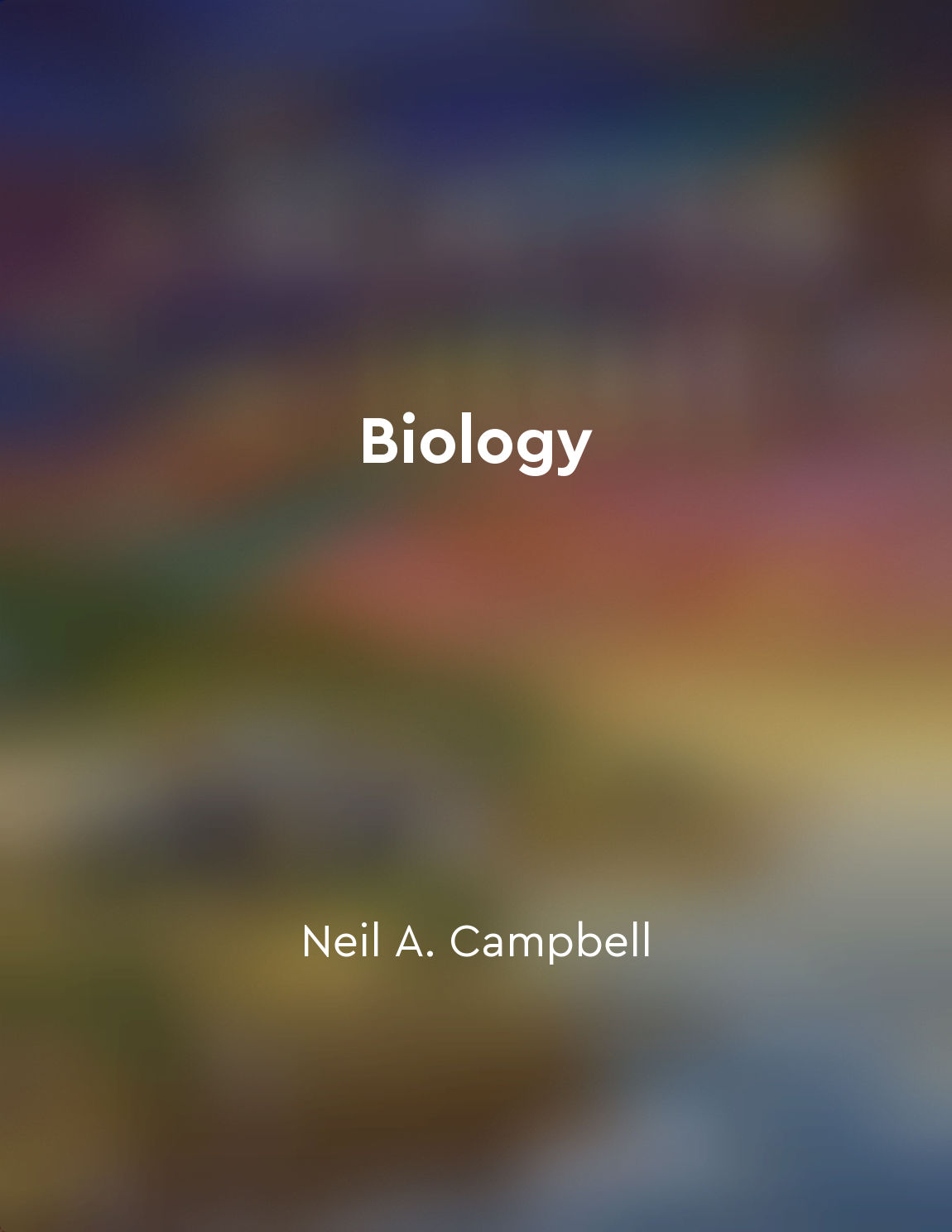Nonnative plants contribute to the decline of pollinator populations from "summary" of Bringing Nature Home by Douglas W. Tallamy
Nonnative plants do not provide the necessary resources for pollinators to thrive. Many nonnative plants do not produce the nectar, pollen, or other resources that native insects need to survive and reproduce. This lack of resources leads to a decline in pollinator populations because they are unable to find the food and shelter they need to thrive. Native plants have co-evolved with native pollinators over thousands of years, creating specialized relationships that are essential for both plant and pollinator survival. When nonnative plants are introduced into an ecosystem, they disrupt these relationships by not providing the necessary resources for pollinators. This disruption can lead to a decline in pollinator populations as they struggle to find the food and shelter they need to survive. In addition to not providing the necessary resources for pollinators, nonnative plants can also harm native plants by outcompeting them for resources such as sunlight, water, and nutrients. This competition can further reduce the availability of resources for pollinators, exacerbating the decline in their populations. Furthermore, nonnative plants can also disrupt the natural food chain by altering the availability of food sources for pollinators. When nonnative plants replace native plants, they may not support the insects that pollinators rely on for food. This disruption can lead to a cascading effect throughout the ecosystem, ultimately impacting pollinator populations.- The introduction of nonnative plants can have a detrimental impact on pollinator populations by disrupting the specialized relationships between native plants and pollinators, outcompeting native plants for resources, and altering the availability of food sources within the ecosystem. It is essential to prioritize the use of native plants in landscaping and gardening to support pollinator populations and promote a healthy ecosystem.
Similar Posts
Climate change is a real and urgent threat
The evidence is clear: the world is facing a crisis of unprecedented proportions. The signs are all around us, from the melting...
The redwoods stand as a testament to the resilience and power of the natural world
The towering redwoods of the Pacific Northwest are ancient giants, some reaching heights of over 300 feet and living for thousa...
Air quality worsens
As we continue to burn fossil fuels and release pollutants into the atmosphere, the quality of the air we breathe is deteriorat...
The Earth's phosphorus cycle is essential for supporting plant growth and maintaining the planet's biodiversity
The Earth's phosphorus cycle plays a crucial role in sustaining plant growth and upholding the diversity of life on our planet....
The mosquito's resilience poses challenges for control efforts
The mosquito, as a species, has proven time and time again to be remarkably resilient in the face of human efforts to control i...

Community ecology
Community ecology examines how interactions between species, such as predation and competition, affect community structure and ...
Fostering a sustainable relationship with nature
To foster a sustainable relationship with nature is to recognize that our existence is intimately tied to the health of the nat...
Natural selection favors advantageous traits
Natural selection, a key mechanism driving evolution, operates by favoring individuals with advantageous traits that increase t...
The narrative around GMOs should focus on evidencebased discussions rather than fear-mongering
The discussion surrounding genetically modified organisms (GMOs) should be grounded in evidence rather than fear. In the debate...
Scientific knowledge can guide effective conservation strategies
The foundation of effective conservation strategies lies in the principles of scientific knowledge. By understanding the underl...

